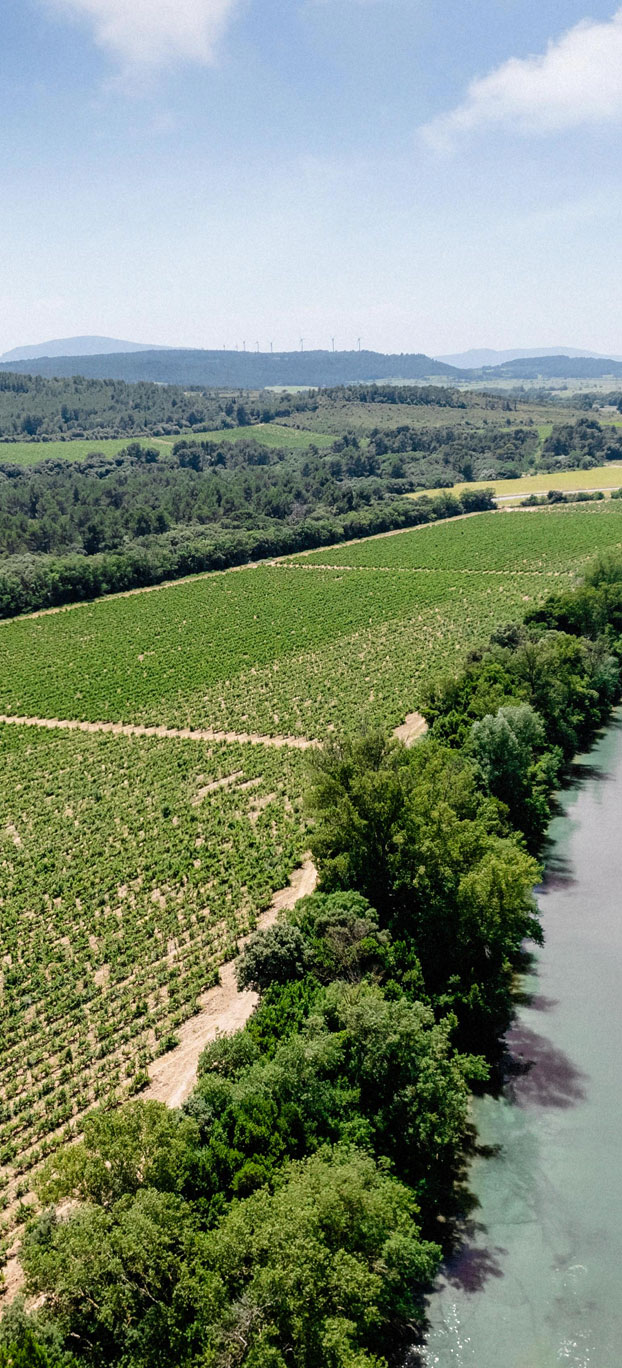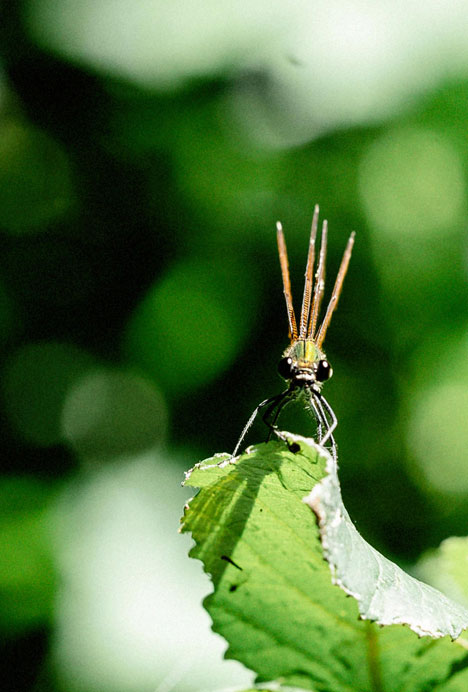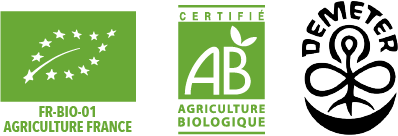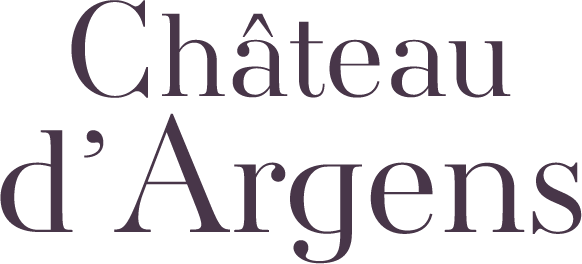
A biodynamic vineyard
Understanding our environment and taking direct action to encourage the return of biodiversity
Along the meanders of the Canal du Midi, the imposing silhouette of Château d’Argens rises up over the medieval village of Argens. Long in the dominion of the lords of Sérame, it was formerly the Villa Arsefii (in 881) and derives its name from the geology of the site, made up of sandstone and clay reputed for their quality (argilla in Latin).
Perched on a promontory dominating the village, its rich and turbulent history goes back some 900 years.




A commitment to
S’engager et agir pour
Protecting natural resources
Protecting natural resources

Château d’Argens Minervois
Syrah, grenache and mourvèdre
each grape variety is vinified separately with the minimum of intervention.
for the Syrah and Grenache only to begin with, followed by fermentation and extraction at a controlled temperature of 27° for optimum extraction of tannins.
Château d'Argens Minervois
Syrah, grenache and mourvèdre
each grape variety is vinified separately with the minimum of intervention.
Partially matured in oak barrels
Les Rives d'Argens Minervois
Grenache noir, syrah, mourvèdre
Les Rives, which means the riverbanks, is a reminder that the Aude and the Canal du Midi run close by the property, contributing to the development of the natural ecosystems that benefit the vineyard.
These shallow limestone clay soils with a gravelly topsoil allow the Mediterranean grape varieties that make up Les Rives d’Argens to attain their best expression.
that go into this wine are cultivated and vinified with a minimum of intervention.
Les Rives d'Argens Minervois
Grenache noir, syrah, mourvèdre
Les Rives, which means the riverbanks, is a reminder that the Aude and the Canal du Midi run close by the property, contributing to the development of the natural ecosystems that benefit the vineyard.
These shallow limestone clay soils with a gravelly topsoil allow the Mediterranean grape varieties that make up Les Rives d’Argens to attain their best expression.
that go into this wine are cultivated and vinified with a minimum of intervention.
Nature d'Argens Minervois
Grenache, syrah,
Picked by hand
under our vigilant eye as we very carefully monitored the whole process.
that go into this wine are cultivated and vinified with zero inputs, and notably with spontaneous fermentation from wild yeasts. The two grape varieties are vinified together
Nature d'Argens Minervois
Grenache noir, syrah, mourvèdre
Picked by hand
under our vigilant eye as we very carefully monitored the whole process.
that go into this wine are cultivated and vinified with zero inputs, and notably with spontaneous fermentation from wild yeasts. The two grape varieties are vinified together.


